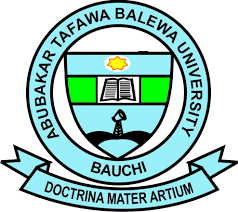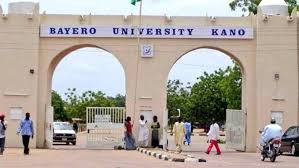
The Academic Staff Union of Universities (ASUU) has called on the Federal Government to take advantage of the remaining 10 days within the one-month grace period granted to it to address all unresolved matters between both parties comprehensively.
This appeal was part of the resolutions reached during ASUU’s National Executive Council (NEC) meeting held at Taraba State University, Jalingo, from November 8 to 9. The outcome was contained in a statement issued on Wednesday by the Union’s National President, Professor Chris Piwuna.
According to the statement, the warning became necessary as some government representatives were allegedly distorting the facts of ongoing negotiations and misrepresenting the government’s true position and level of commitment to previously signed agreements.
ASUU had on October 22 suspended its two-week warning strike, allowing the Federal Government a one-month window, which is expected to expire on November 22, to fulfill its promises.
Among the key demands of the union are the review of the 2009 ASUU-FG agreement, the payment of withheld salaries and earned academic allowances, and the release of funds for university revitalization.
The union warned that it might be compelled to resume industrial action without prior notice if the government fails to show concrete progress before the deadline.
Union Calls for Comprehensive Action
In Wednesday’s statement, ASUU urged the government to take holistic steps that would genuinely improve the welfare and working conditions of Nigerian university lecturers.
The union also criticized the government’s approach to the ongoing talks, saying it portrayed “insincerity” and did not reflect the true picture of what ASUU had demanded.
ASUU’s statement partly read:
“NEC regrets that some government officials are undermining the negotiation process by subtly misrepresenting the status of offers and agreements. The partial payment of promotion arrears dating back to 2017, and the release of some third-party deductions owed to members for years, are only minor gestures and must not be mistaken as significant progress in the negotiation process.
The government’s current approach does not mirror reality and poses a serious threat to the renegotiation efforts. The remaining days within this one-month window should be effectively utilized to achieve a complete and lasting resolution of all issues, especially those affecting the living conditions of Nigerian academics.”
ASUU Rejects Proposed Salary Offer
While acknowledging that some progress had been made in non-monetary aspects of the negotiations, ASUU maintained that issues related to salaries and conditions of service still required more decisive measures.
The union strongly rejected the government’s proposed salary structure, describing it as “grossly inadequate” and incapable of addressing the brain drain that has plagued the university system for decades.
“Members of NEC observed with concern the government’s failure to prioritize education. The government appears to see education as a commercial product that should be self-funded rather than as a social good essential for national development,” the statement read.
ASUU also argued that the government’s narrative of insufficient funds to meet the union’s demands was misleading. It insisted that the real issue was a lack of political will, not financial incapacity.
Union Cites Increased Revenue Profile
The union presented financial data to back its argument, noting that both federal and state governments have experienced a significant increase in revenue over recent years.
“For instance, according to data from the Federal Accounts Allocation Committee (FAAC), state governments received ₦3.92 trillion in 2022, while the figure rose to ₦5.81 trillion in 2024 — an increase of over 62 percent. Likewise, the Federal Government’s allocation rose from ₦3.42 trillion in 2022 to ₦4.65 trillion in 2024, representing over 70 percent growth.
Clearly, it is not the economy that is hindering the renegotiation process but the absence of genuine political commitment,” ASUU emphasized.
Call for Public Support
ASUU concluded by appealing to traditional rulers, opinion leaders, students, civil society organizations, and the Nigeria Labour Congress (NLC) to continue mounting pressure on the government to fulfill its obligations.
The union reiterated its commitment to defending quality education in Nigeria and urged the government to act promptly to prevent another round of industrial action.
“Education remains the foundation of national progress. It deserves better attention and investment if Nigeria must overcome its current challenges,” the statement added.

















